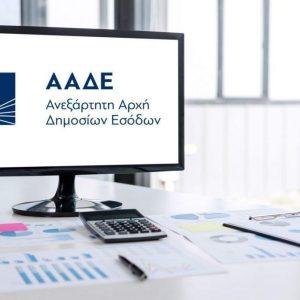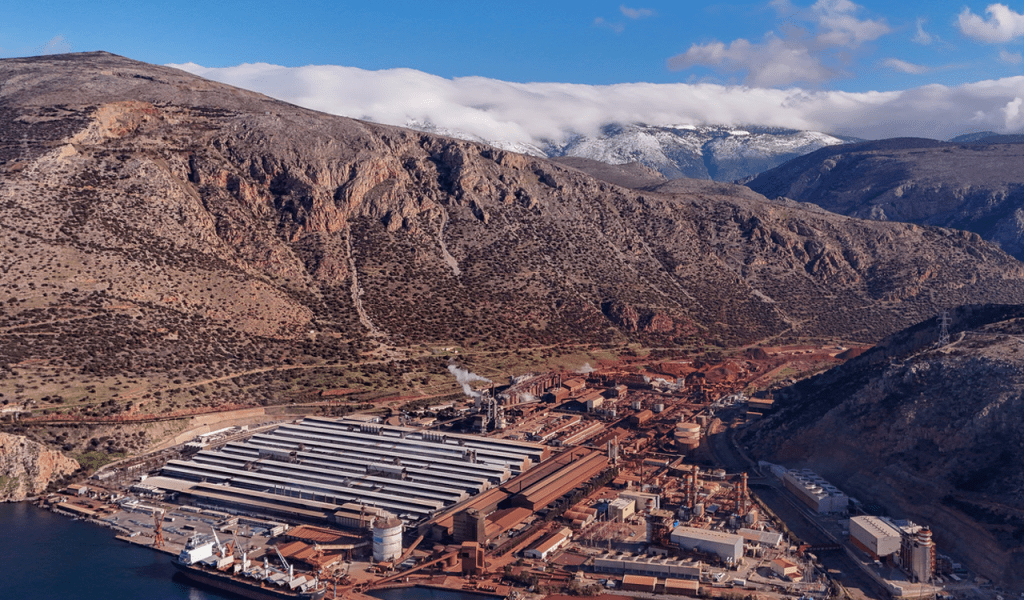The “spin” out of Athens in the wake of Monday’s successive meetings between Greek and Turkish delegations, each headed by the respective country’s foreign affairs minister, cited a “sincere” discussion on practically all bilateral issues.
Reports widely circulated in the Greek media cited ubiquitous “diplomatic sources”, replete with references to a “warm atmosphere” and “upbeat atmosphere”. On the surface, official Athens and Ankara agreed to recognize Covid-19 certificates issued by either state for travel of its citizens to the neighboring country, i.e. Greek citizens with such “vax certificates” in tow can visit Turkey and vice versa. Such certificates mean that the holder has either received one of the handful of vaccinations available in either country; has a recent negative result from a Covid-19 test, or, shows proof of acquiring and recuperating from the virus.
The other evident agreement is over a meeting on June 14 between the Greek and Turkish leaders on the sidelines of a NATO summit.
Still on the surface, Greek Foreign Minister Nikos Dendias reiterated that Greek-Turkish and Turkish-EU ties are inter-connected, while referring to specific but guarded steps in terms of bilateral dialogue, such as a resumption of exploratory contacts, a teleconference focusing on CBMs and even a high-level meeting over the weekend between the relevant Greek and Turkish deputy foreign ministers holding the external economic ties portfolio.
Behind the scenes
Nevertheless, media reports in Athens citing foreign ministry sources have the Greek FM again reiterating to his Turkish interlocutors, led by Turkish FM Mevlut Cavusoglu, that a standing “casus belli” (cause for war) passed by Turkey’s national assembly in 1996 – in case Greece legally extends its territorial waters to 12 nautical miles – constitutes an “unacceptable persistence” that continues to weigh very negatively on bilateral relations.
Moreover, the Greek side repeated to the Turkish delegation that Ankara continues to disregard provisions of the UN Convention for the Law of the Sea (UNCLOS), the landmark international treaty that is now considered as customary law. An egregious example of this, according to the Greek side, is the “Turkey-Libya” memorandum attempting to delimitate sea borders in the central and eastern Mediterranean based on their own subjective concept of maritime law — essentially attempting to “erase” all territories (islands) between the two incongruent countries.
Turkey, a perennial EU candidate-state, has not signed, let alone ratified UNCLOS. Additionally, unlike the United States and Israel, Turkey is one of a very few handful of countries that does not adhere to, in a de facto manner, of several important UNCLOS provisions, such as islands and exclusive economic zones.
The “laundry list” of issues-cum-problems brought up by Greek diplomacy also included violations of airspace and maritime zones by Turkish military assets, an “Instrumentalization” of third country citizens on Turkish territory attempting to illegally enter Greece as would-be economic migrants, and even the latest round of saber-rattling and jingoistic language by certain official circles in Turkey.
Along these lines, Athens said continued “rhetoric” by official Turkey revolving around the Muslim minority community in Greece’s Thrace province is provocative and unjustified.
Finally, Athens requested that information be relayed to neighboring countries – such as Greece and Cyprus – regarding Turkey’s intent to build a nuclear power plant at the Akkuyu site on the country’s southern Mediterranean coast, a region that is seismically active.
The same reports said the Turkish site agreed to provide relevant information via the Russian contractor leading a consortium to build the plant.




































